Black chefs and cooks have left their mark on American cuisine. Check out some of our favorite Black foodies and learn how they've changed our tables for good.
12 Black Chefs Who Have Changed the Way We Eat
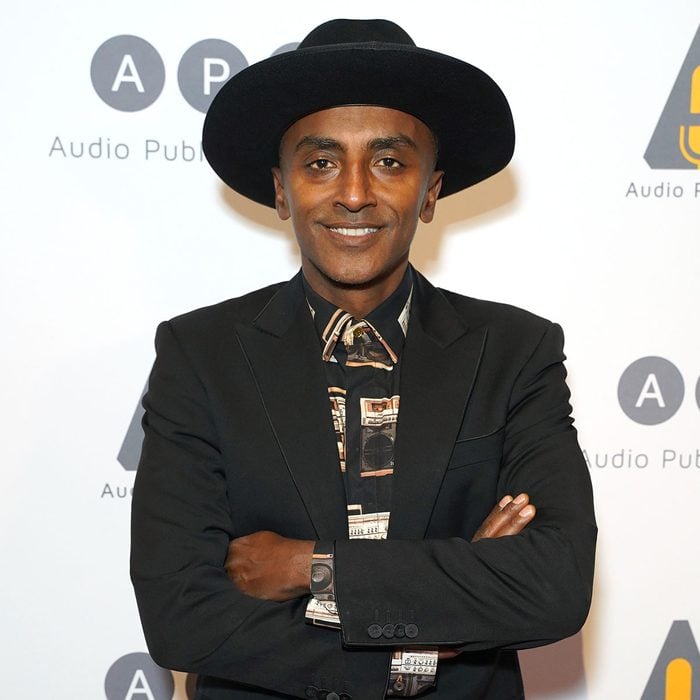
Marcus Samuelsson
This award-winning cookbook author is also an entrepreneur, media celebrity and one of the most famous chefs in the world. Marcus Samuelsson became an executive chef in New York at 24 and the youngest ever to receive a three-star restaurant review from The New York Times. As a food activist, he uses food, culture and history to spotlight Black cooking throughout the United States and the diaspora. Marcus also authored one of our favorite cookbooks of 2020.
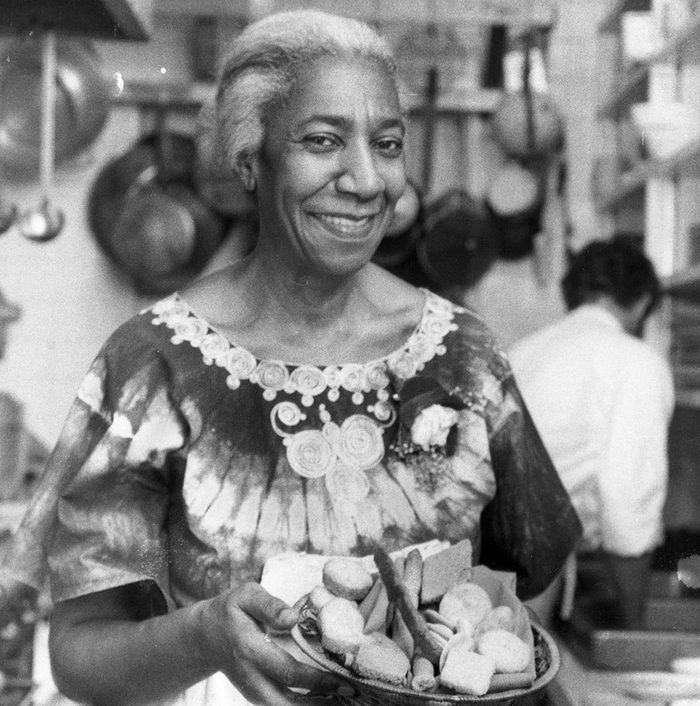
Edna Lewis
Edna Lewis, the grande dame of Southern cooking, created the blueprint for the farm-to-table lifestyle, “eating with the seasons, a sense of community and the satisfactory feeling that hard work is always rewarded by good food.” The Edna Lewis Foundation creates opportunities for African Americans in the fields of cooking, agriculture, food studies and storytelling.
Don’t miss our list of essential cookbooks by Black authors, including The Taste of Country Cooking. And while you’re at it, take a look at our favorite food and home decor items from black-owned Etsy shops as well.
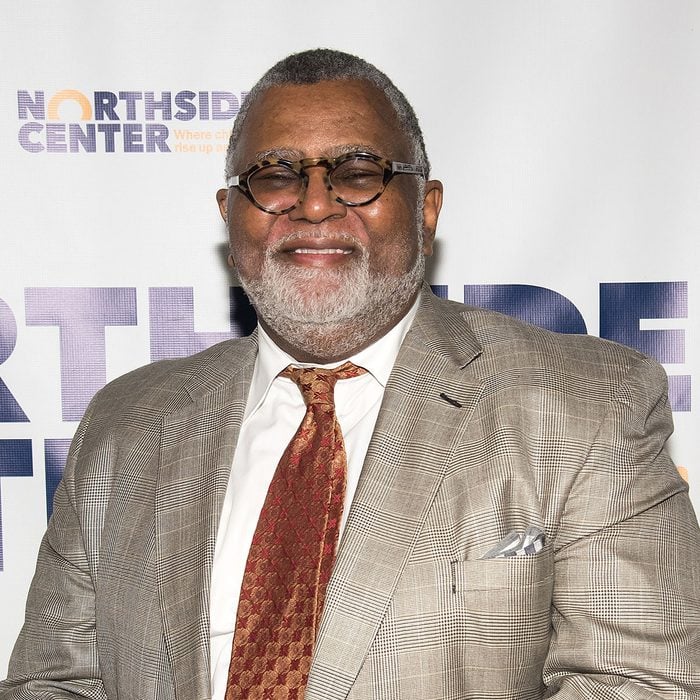
Alexander Smalls
Chef Alexander Smalls also has bragging rights as a Grammy and Tony Award winner from his days as an acclaimed opera singer. This food visionary makes cuisine and music with equal passion and ingenuity. His Afro-Asian-American edibles seem so right, it’s as if they always existed. Smalls also turns Low Country fare into highfalutin cuisine, all with a nod to the South Carolina heritage and music that inspired him.
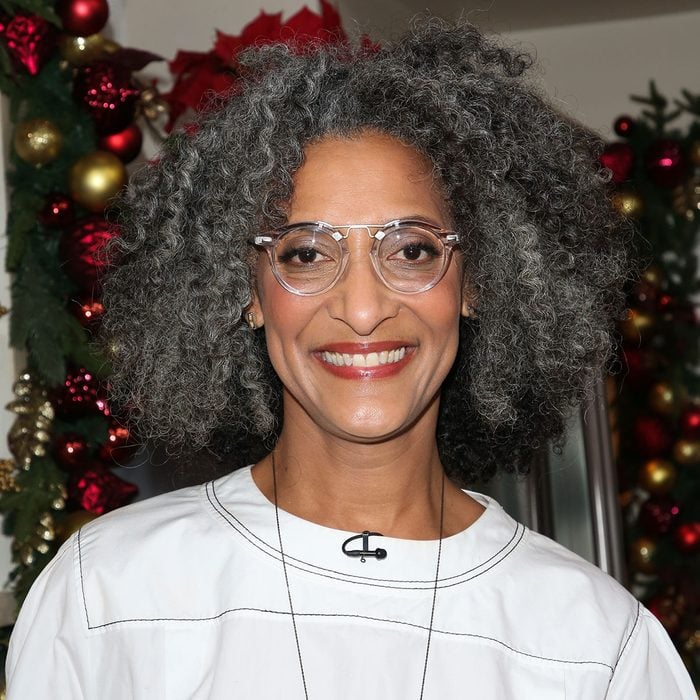
Carla Hall
Thanks to the national attention she earned during the fifth season of Top Chef and as host of The Chew, Carla Hall might be the most visible Black chef in America. She celebrates “cooking with love” or preparing food from your soul to nourish the soul of others. The Nashville native fell in love with food while modeling in Europe and decided to become a chef, blending classic French technique and Southern influence.
Her book Carla Hall’s Soul Food is one of our favorite regional cookbooks of all time.
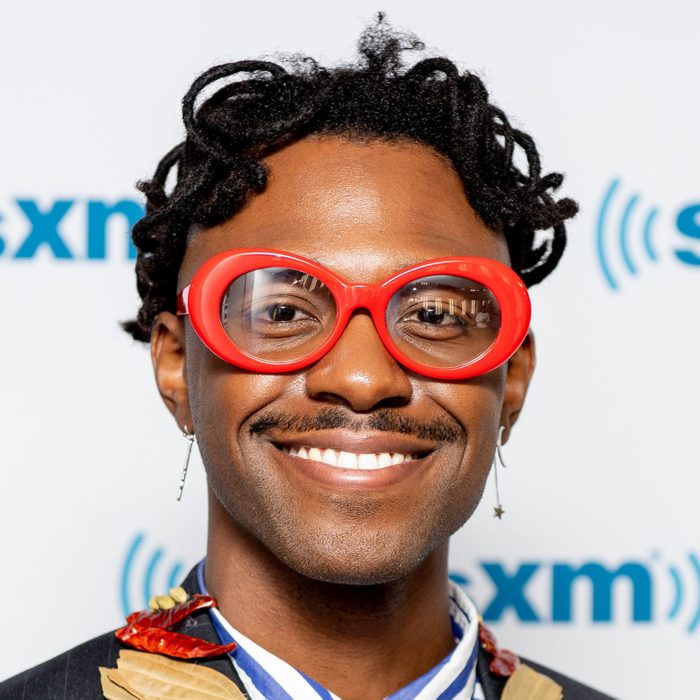
Lazarus Lynch
In 2021, Lazarus Lynch became the first Black, queer chef to cook at the Met Gala, but that’s far from his only achievement. He’s a two-time Chopped Champion winner, has hosted and starred in multiple food shows and written his own book, Son of a Southern Chef.

Bryant Terry
Food justice activist and James Beard Award-winner Bryant Terry wants to create a more sustainable food system and inspire people everywhere to make healthy eating choices. Named one of “9 People Who Are Changing the Future of Food” by Fast Company, he is chef-in-residence at the Museum of the African Diaspora (MoAD) where he creates content about food, farming, health, activism and culture.
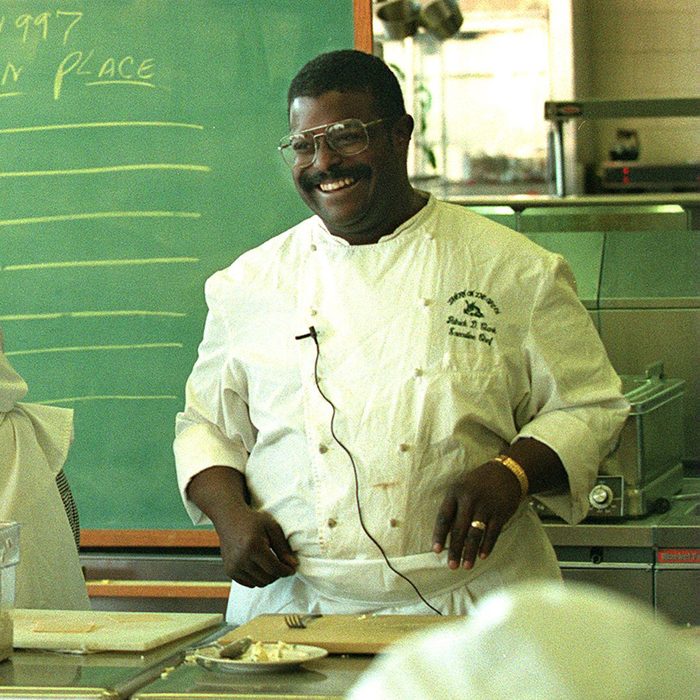
Patrick Clark
Patrick Clark, the first Black chef to win a James Beard best chef award, was chef at the legendary Tavern on the Green and took over the kitchen of Washington, D.C.’s prestigious Hay-Adams Hotel. He later catered meals at the White House. His 1998 obituary named him one of America’s most beloved chefs.
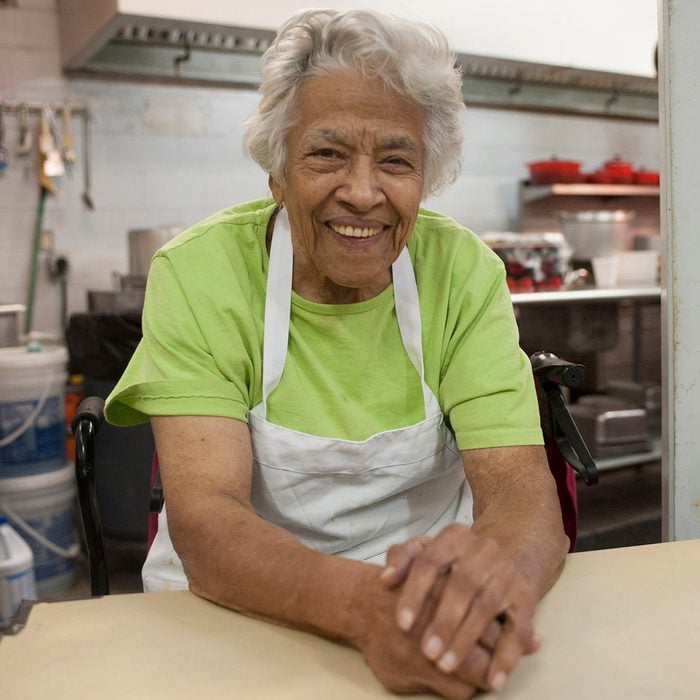
Leah Chase
Acclaimed cookbook author Leah Chase was the executive chef and co-owner of the Dooky Chase’s Restaurant, one of the most celebrated restaurants in New Orleans. Known for her food and public service, Chase fed everyone from farmworkers to Freedom Riders to US presidents. Chase died in 2019 at 96, but not before solidifying her place in culinary history as the Queen of Creole Cuisine.
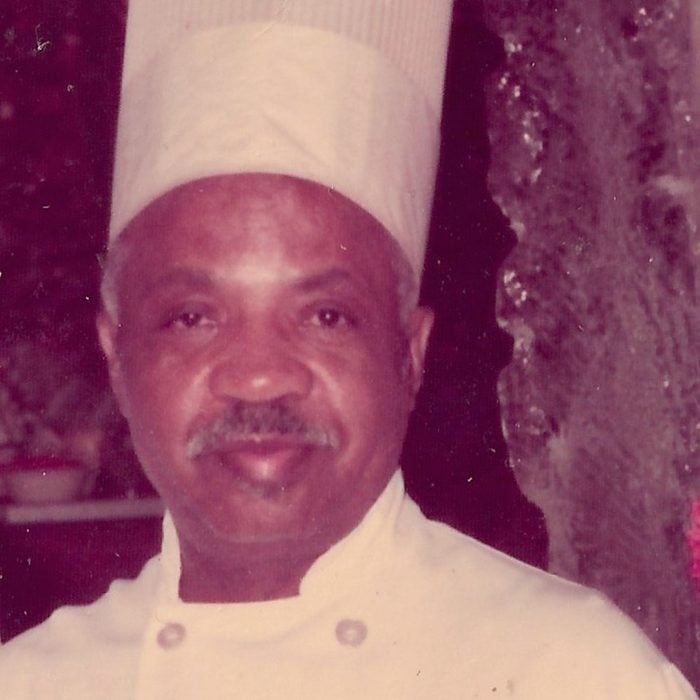
Robert W. Lee
So many Black chefs stand on the shoulders of Robert W. Lee. He started cooking at 7 and refined his skills in some of the best hotels in Florida, Georgia and South Carolina. A wealthy chef benefactor brought Lee to Harrisburg, Pennsylvania in 1939 to be executive chef at the Harrisburger Hotel. There, he created the menus and trained hundreds of Black chefs. During WWII, Lee received a medal from FDR for teaching so many troops to cook in his role as mess sergeant and instructor.

Nicole A. Taylor
James Beard-nominated food writer, master home cook and producer Nicole A. Taylor has written multiple books, been featured in publications like The New York Times and Food & Wine, and sits on the advisory board of Equity at the Table, an organization focused on bringing about equity in the food industry. Her latest release, Watermelon and Red Birds, focuses on the traditions surrounding Juneteenth and swerves from tradition by focusing on ingredients found on the traditional Black family’s table rather than dishes such as mac and cheese or sweet potato pie.
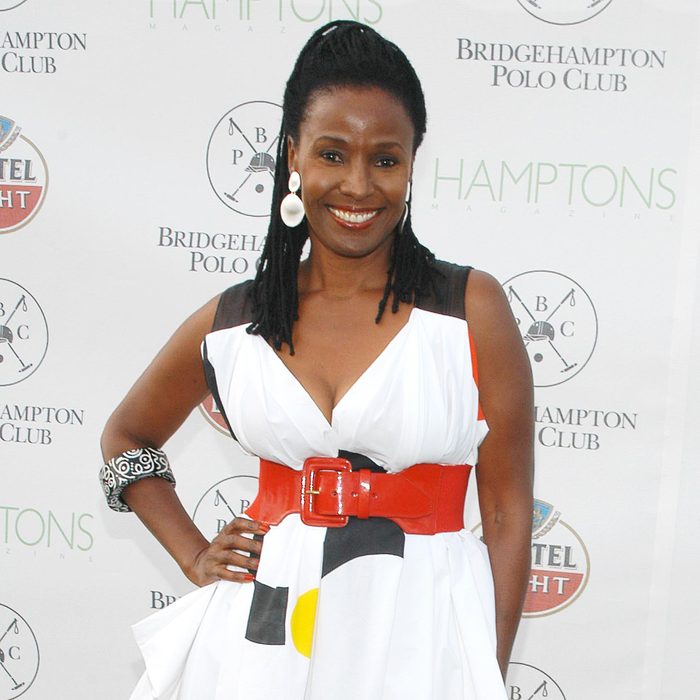
Barbara “B.” Smith
B. Smith initially broke racial barriers in modeling and later as a successful restaurateur and the first Black woman elected to the Culinary Institute of America board. Smith’s cookbooks, restaurants, home collection line and weekly TV show made her a lifestyle icon. In 2012, her advocacy for healthy living helped bring culturally diverse food to the Armed Forces.
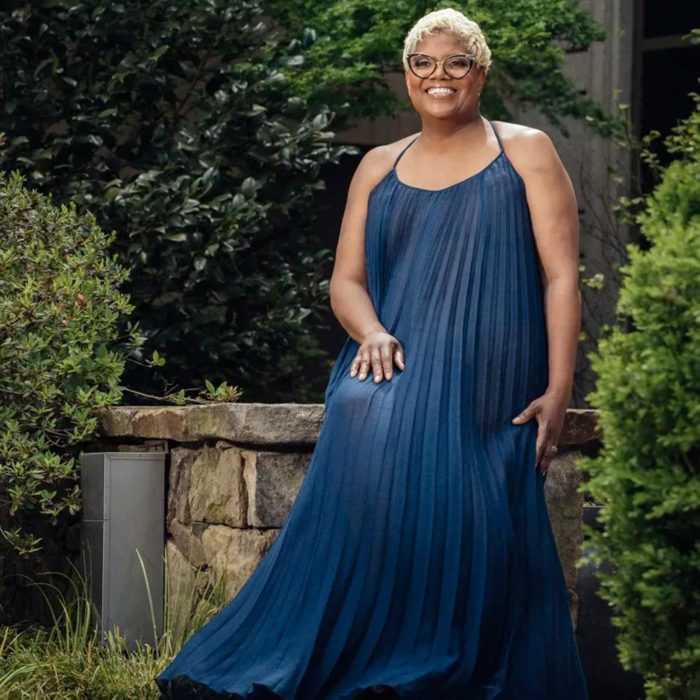
Deborah VanTrece
Although Southern food was popularized by Black women, the Atlanta restaurant scene has been dominated by white men. Deborah VanTrece is attempting to change this through her restaurants Edible Art and Twisted Soul, which she runs with her wife and daughter. The award-winning chef has been featured on the Food Network and several leading food publications.
